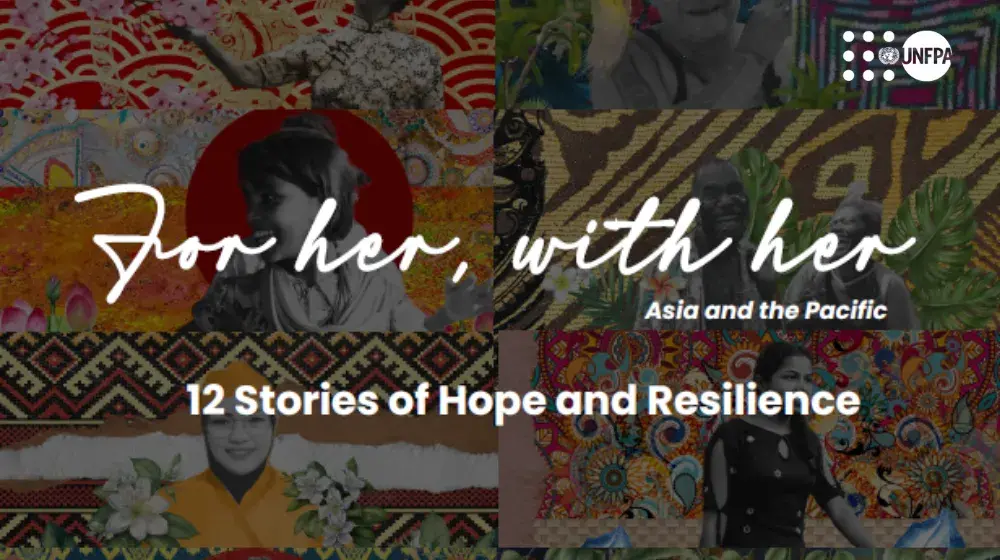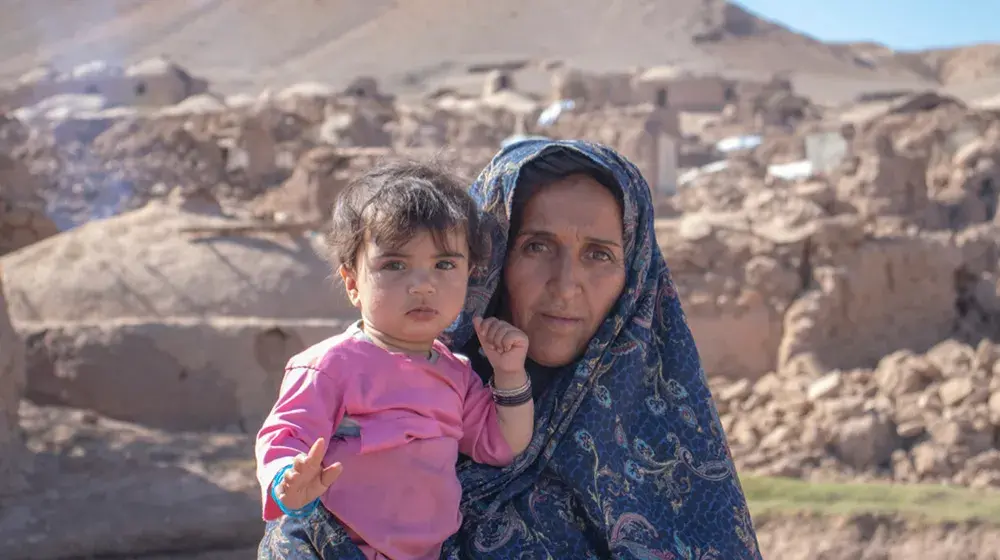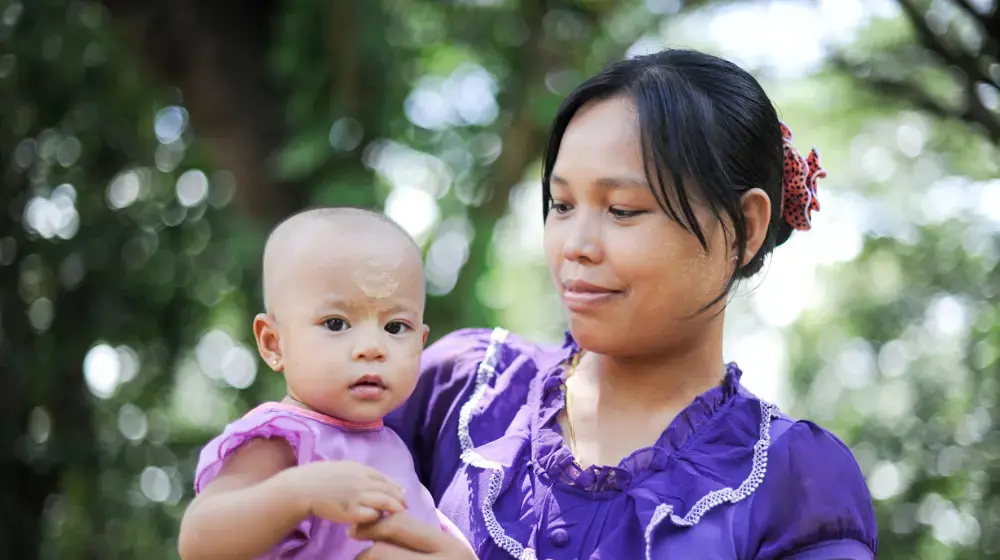For over a month, more than 900,000 people from Pakistan’s North Waziristan Agency have been displaced due to a government-launched military operation. UNFPA, the United Nations Population Fund, estimates that 74 per cent of these internally displaced people are women and children. At least 36,000 are pregnant.
UNFPA and its NGO partner, the Network for Human and Social Development, are supporting the Government’s National Health Emergency Preparedness and Response Network in efforts to ensure that pregnant women are able to safely deliver and care for their babies, and that women of reproductive age have access to sanitary napkins during menstruation.
Most of the displaced are in the Bannu District of Khyber Pakhtunkhwa province, the vast majority living in cramped surroundings with host families or in public buildings, amid stifling heat.
The Government and humanitarian agencies are providing food, essential medical supplies, drinking water and shelter items, but the response urgently needs to be scaled up. Health facilities are overwhelmed by demand; a lack of female medical staff to provide care for displaced women is a critical challenge. UNFPA has taken part in rapid assessments of health and protection needs, and has begun to distribute hundreds of clean delivery kits, newborn baby kits and dignity kits with personal hygiene items.

Kiran Azeem Khan, a pregnant mother of five children, fled her home in Miran Shah without money or supplies. Last week she gave birth at the UNFPA-supported Zanana Women and Children Teaching Hospital in Bannu city.
“I was extremely worried, as I left with nothing and had no money for hospital charges,” she said afterwards. “I am very happy that I was able to deliver in a hospital, and that I was provided clean delivery and newborn baby kits. My beautiful daughter, Gul, looks lovely in her new clothes.”
As part of the coordinated humanitarian response to the emergency in partnership with the Provincial Disaster Management Authority, UNFPA is leading working groups on reproductive health and protection against gender-based violence.
To supplement its own resources, UNFPA Pakistan has applied for funding from the United Nations Central Emergency Response Fund and other donors.





